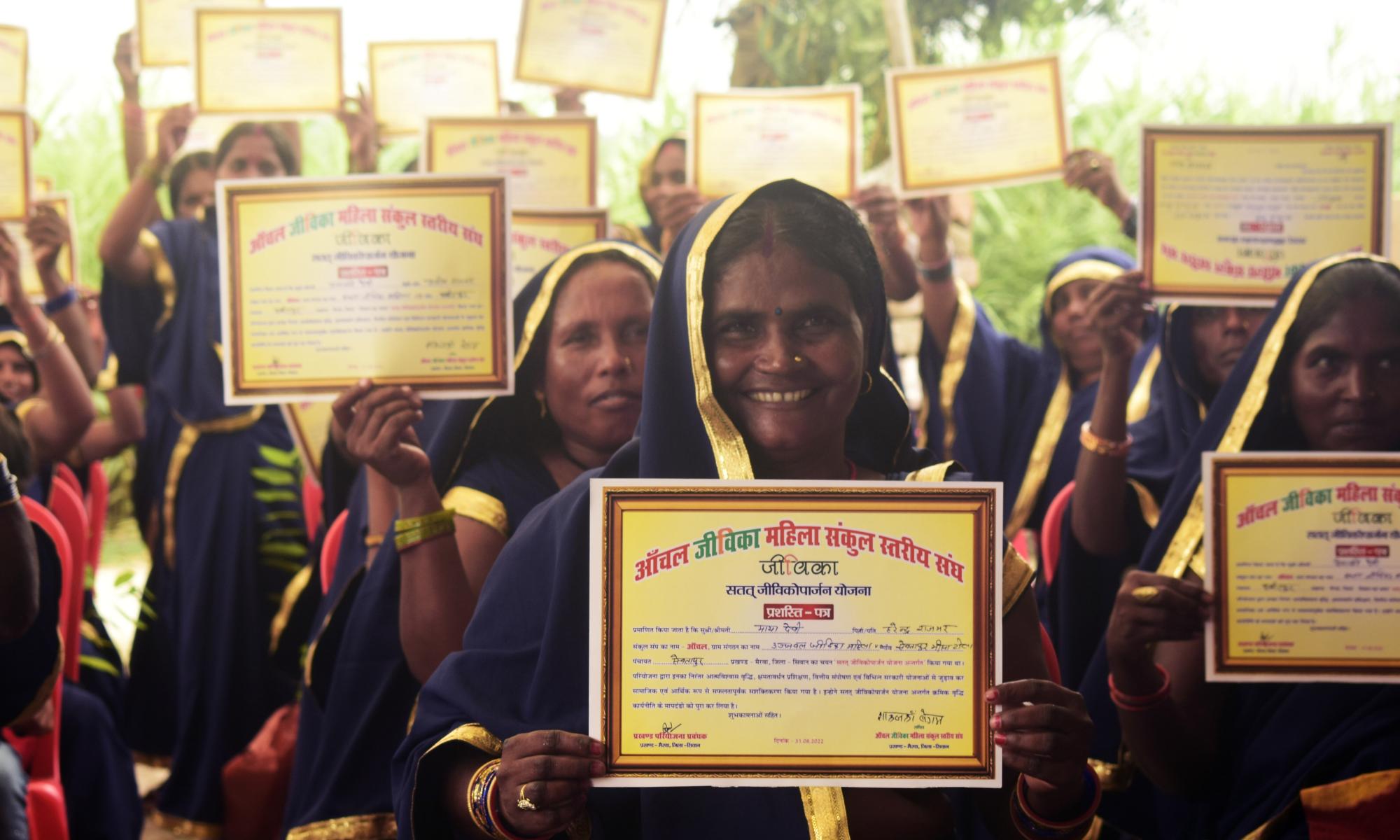
TARGETING THE ULTRA POOR
A multifaceted program to lift people out of extreme poverty
Research on the Graduation Approach, developed by BRAC and evaluated by J-PAL-affiliated researchers has empowered over 14 million households across 50 countries to uplift themselves from extreme poverty. This innovative and multifaceted livelihood program strategically combines assets, training, coaching, savings access, and consumption support, resulting in significant and lasting benefits. Evaluations done by J-PAL affiliated researchers in 50 countries found that the people who received the package of support under the Graduation Approach highlight the program's transformative impact on consumption, food security, asset holdings, and savings.

Partners
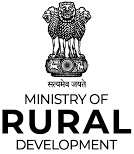 | 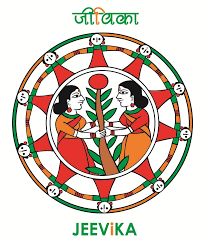 | 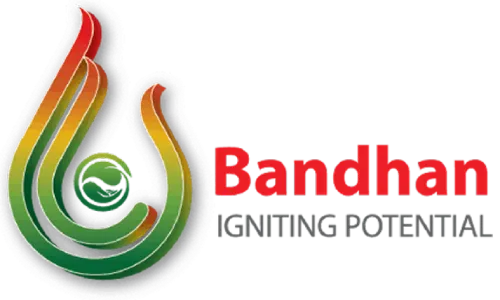 | ||
| Ministry of Rural Development | JEEViKA, Government of Bihar | BRAC | Bandhan Konnagar | The / Nudge Institute |
The Graduation Approach — developed by the NGO BRAC — has been effective in putting ultra-poor households out of extreme poverty. The Graduation Approach provides asset transfers, training, coaching, access to savings, and consumption support for two years. The first study was conducted in Bangladesh, and eventually extended to 6 more countries. The first government-led-scale up of the Graduation Approach is Satat Jeevikoparjan Yojana (SJY) for households headed by women. It is implemented by the Government of Bihar and Bandhan Konnagar, with J-PAL South Asia as the knowledge partner. SJY aims to reach 1 million people, through 200,000 women-headed households.
Evidence-to-action story
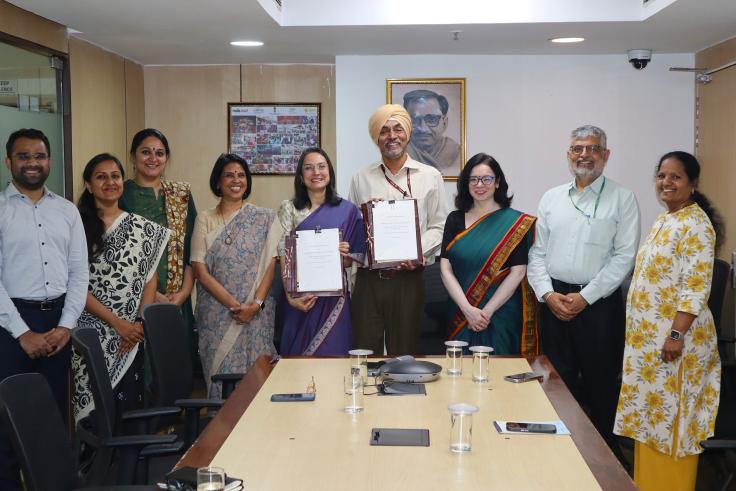

What idea is better than the idea that the poorest of the poor have enough talent to be self-sufficient? That if you give them a push, they'll stay up."
Point of contact

Parikrama Chowdhry
Lead - Policy (Scale Ups), J-PAL South Asia
[email protected]
Parikrama Chowdhry leads multiple scaling interventions that have proven effective through rigorous evaluations. Her work focuses on system-change initiatives across themes of economic inclusion, crime, violence and conflict and education, particularly in South Asia.
